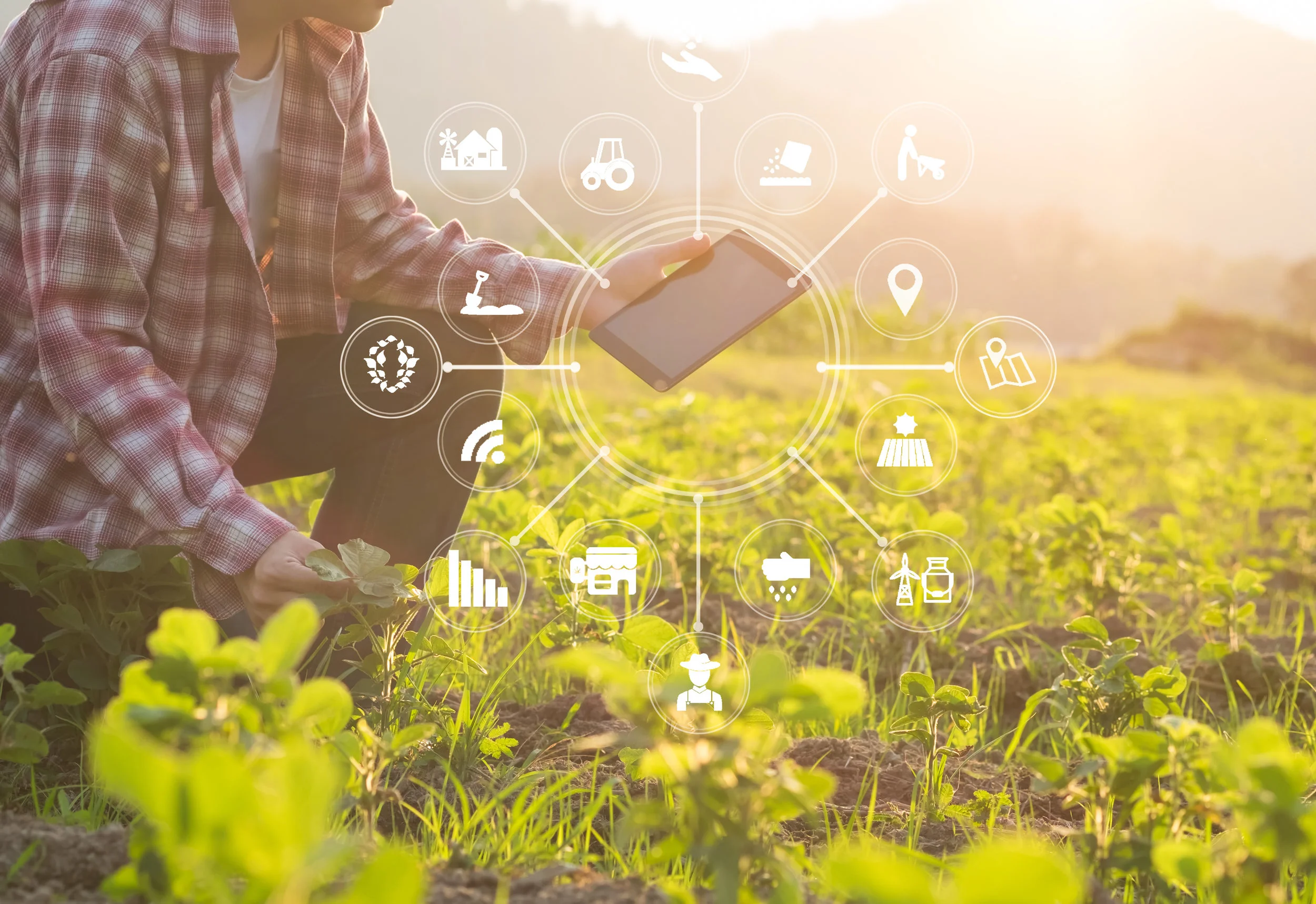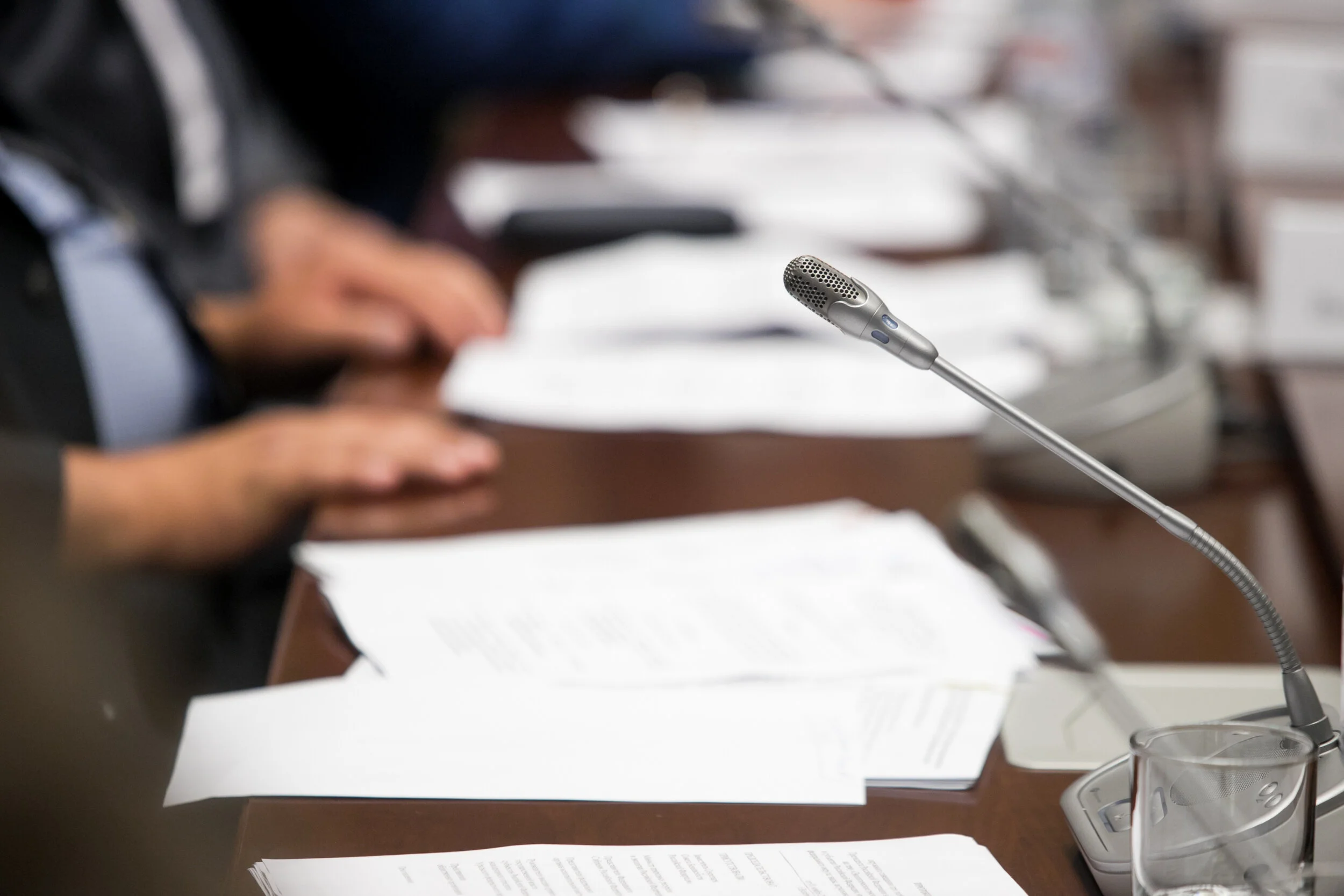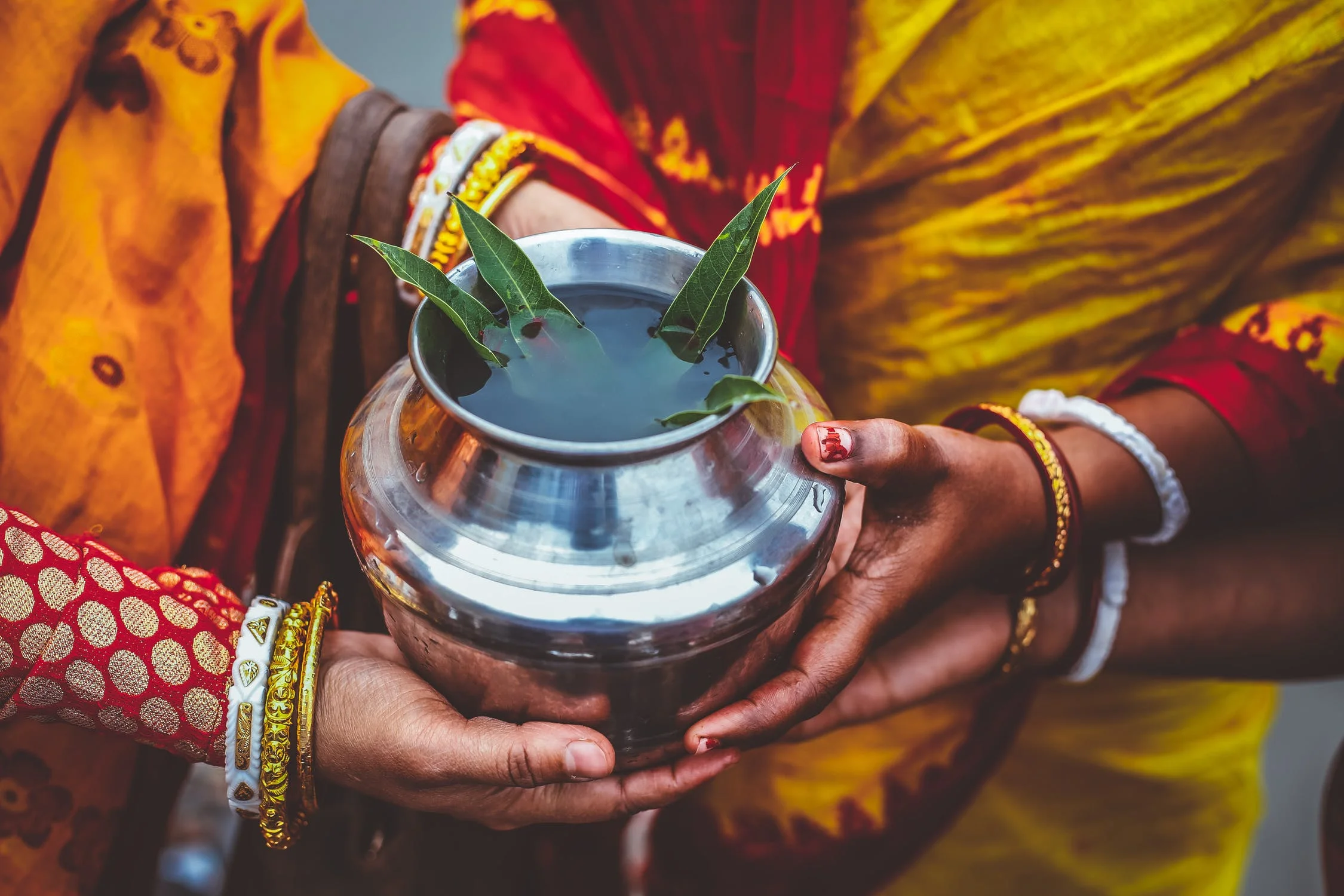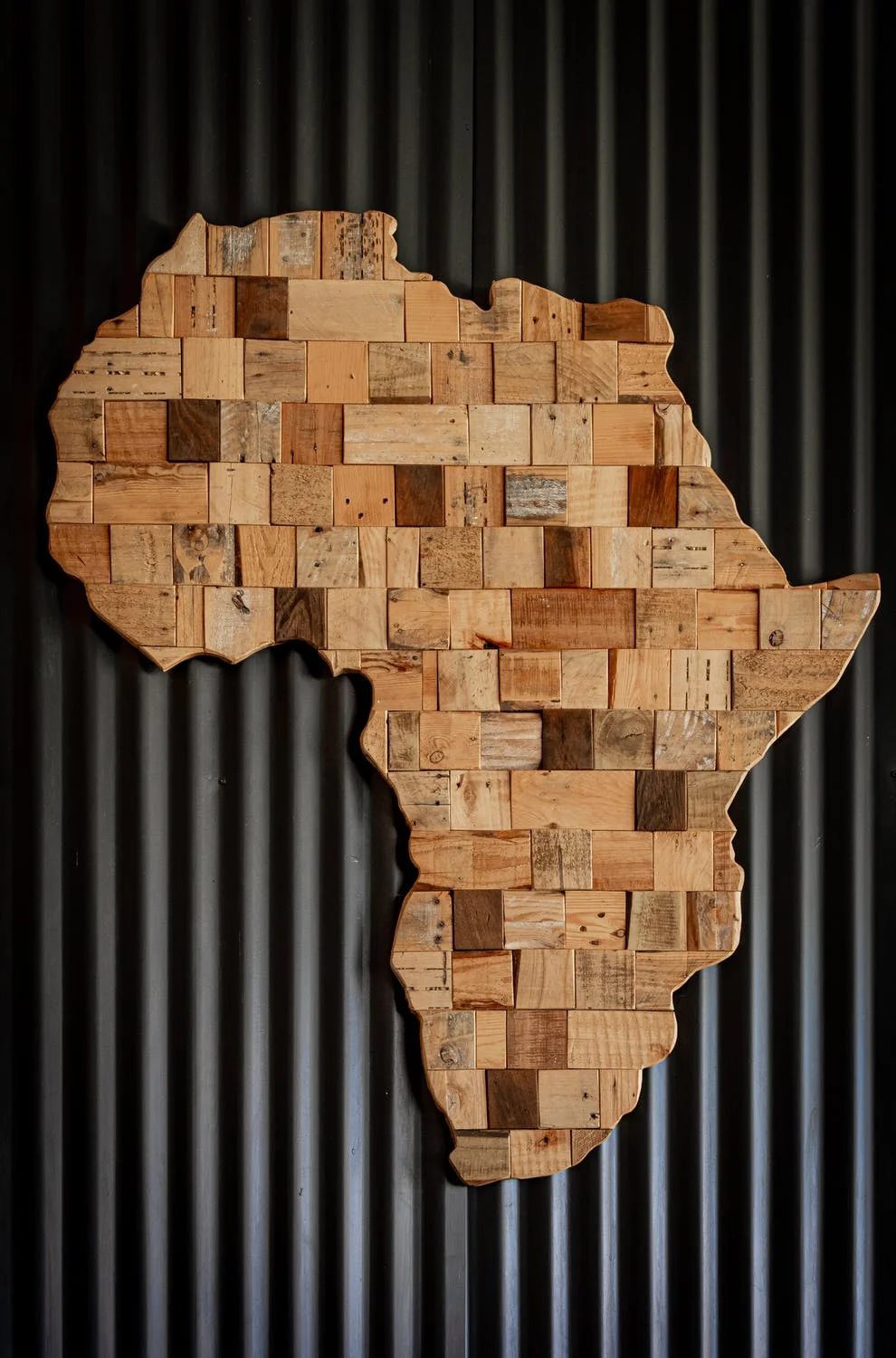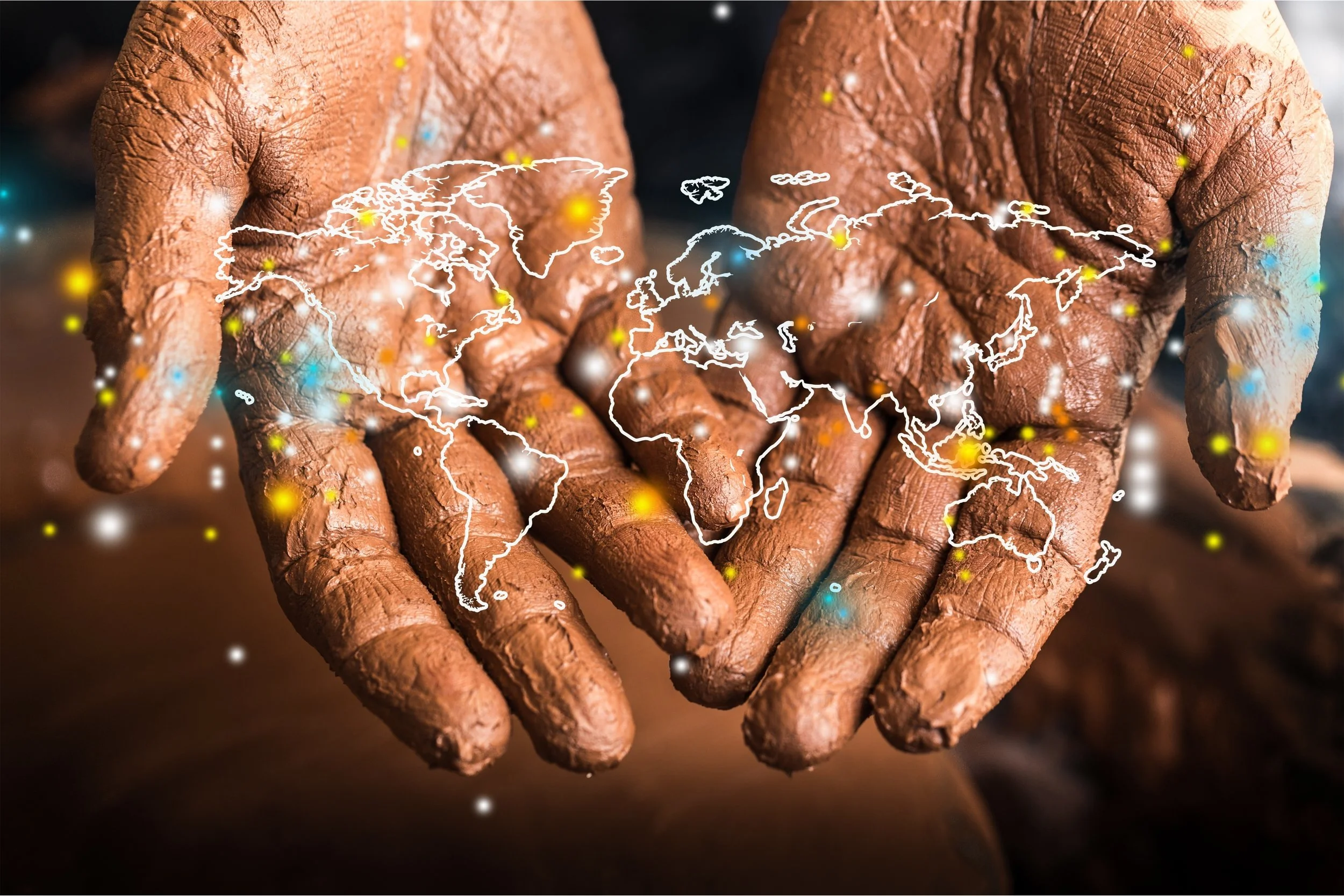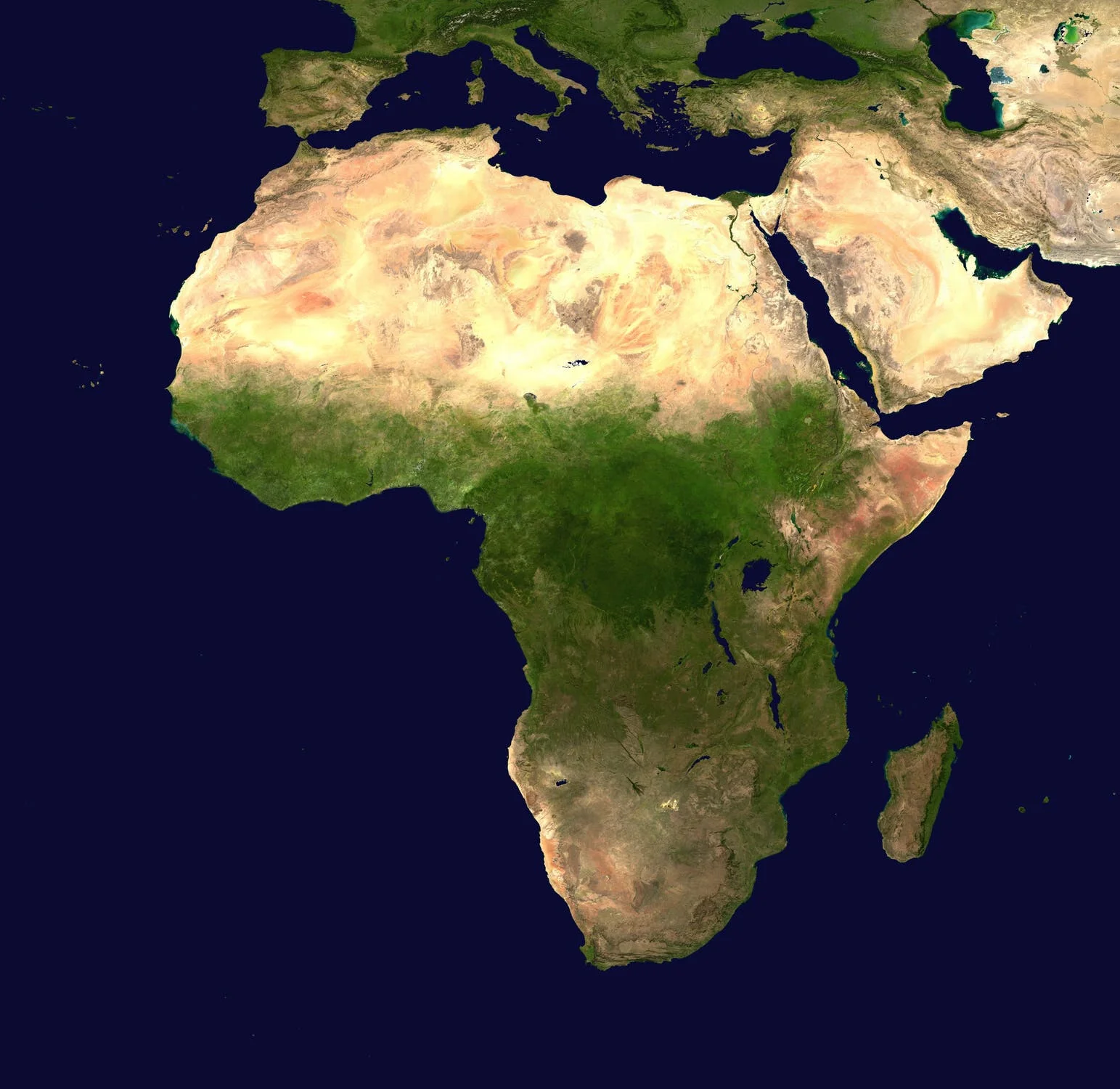On August 27, 2018, the World Intellectual Property Organization (WIPO) Intergovernmental Committee on Intellectual Property and Genetic Resources, Traditional Knowledge and Folklore (IGC) reconvened in Geneva for its 37th session. The August 27-31 meeting is the third under the 2018-2019 biennium of the IGC and also the first opportunity for the experts to further advance negotiations on two texts for traditional knowledge (TK) and traditional cultural expressions (TCEs) under the current two-year program.
Read MoreOpen AIR (African Innovation Research) Network
Working Paper No. 14 (2018)
Co-authored w/ Tesh Dagne
CIGI Papers
No. 185 (2018)
Following recent spats between artistes and their record labels in the entertainment industry, a Professor of Intellectual Property and Innovation, University of Ottawa, Canada, Prof. Chidi Oguamanam, has advised musicians to ensure they have what he called opt-out clauses and flexible terms in their contracts with labels.
Speaking in an interview with our correspondent, he said that in every contract there should be a point indicating that the contract be revised if not working in favour of both parties.
Read MoreAfter six days of deliberations (June 24-29, 2018) to secure a mature text for the protection of genetic resources and associated traditional knowledge, delegates left the negotiations with mixed feeling while remaining resolute on the progress made. The mixed feeling arose from the decision of the United States and its ally, Japan, not to support the transmission of the resulting text of the negotiations: REV 2 to the 40th IGC as a consensus document pursuant to the ongoing mandate of the IGC for the current biennium.
Read MoreOn June 26, 2018, the long running World Intellectual Property Organization (WIPO) Intergovernmental Committee on Intellectual Property and Genetic Resources, Traditional Knowledge and Folklore (IGC) reconvened in Geneva for its 36th session. Since 2000, the IGC has had a mandate to negotiate text-based instrument(s) for the effective protection of genetic resources, traditional knowledge and folklore (alternatively known as traditional cultural expressions).
Read MoreWorld Intellectual Property Day was April 26. The day aims to promote innovation and creativity for intellectual property (IP) as well as recognize achievements made across the globe by inventors and creators. As part of the Canada’s celebration, Navdeep Bains, Minister of Innovation, Science and Economic Development, launched Canada’s first IP Strategy.
Read MoreFor the 35th time in 18 years, experts have yet again gathered at the World Intellectual Property Organization (WIPO) headquarters in Geneva where they are scheduled to remain in deliberation between March 19 and 23, 2018. This meeting of the WIPO IGC is at the instance of the body’s renewed mandate for the 2018 and 2019 biennium after it failed, last year, to secure the transition of its draft texts.
Read MoreJournal of World Intellectual Property
Vol. 21, No. 5-6 (2018)
In The Cambridge Handbook of Public-Private Partnerships, Intellectual Property Governance, and Sustainable Development
Margaret Chon, Pedro Roffe & Ahmed Abdel-Latif, eds.
(New York: Cambridge University Press, 2018)
Co-authored w/ Jeremy de Beer
Journal of Environmental Law and Policy
Vol. 31, No. 1 (2017)
Co-authored w/ Vipal Jain
Africa is continent of 55 countries and thousands of nationalities with incredible human and cultural diversity. In addition to its wealth of incredible diversity, Africa is the youngest and fastest growing continent. How can the continent harness this incredible potential which could readily flip into unprecedented tragedy if not well-managed? That is the big question for the future of Africa. That future is at the intersection of strength and a ticking time bomb.
Read MoreOpen AIR (African Innovation Research) Network
Study on Geographic Indicators of Specialized Agricultural Production in Uganda
Co-researched with Tesh Dagne
In Protecting Traditional Knowledge: The WIPO Intergovernmental Committee on Intellectual Property and Genetic Resources, Traditional Knowledge and Folklore
D. F. Robinson, A. Abdel-Latif & P. Roffe, eds.
(New York: Routledge, 2017)
As it embarks on another five-year periodic review of the Copyright Act, Canada has an opportunity to reflect on its copyright regime in light of the gaps that exist between it and Indigenous creative works. Indigenous creative works refer to myriad forms, manifestations, or expressions of Indigenous cultural heritage and identity, ranging from stories, folklore and songs, to dances, rituals, symbols, protocols and practices. These collectively link Indigenous peoples with their land, ecological orientation and worldviews, as well as their past, present, and future.
Read MoreOpen AIR (African Innovation Research) Network
Working Paper No. 8 (2017)
Co-authored w/ Jeremy de Beer
Open AIR (African Innovation Research) Network
Working Paper No. 5 (2017)
Co-authored w/ Caroline Ncube, Tobias Schonwetter & Jeremy de Beer
Dalhousie Law Journal
Vol. 39, No. 2 (Fall 2016)

